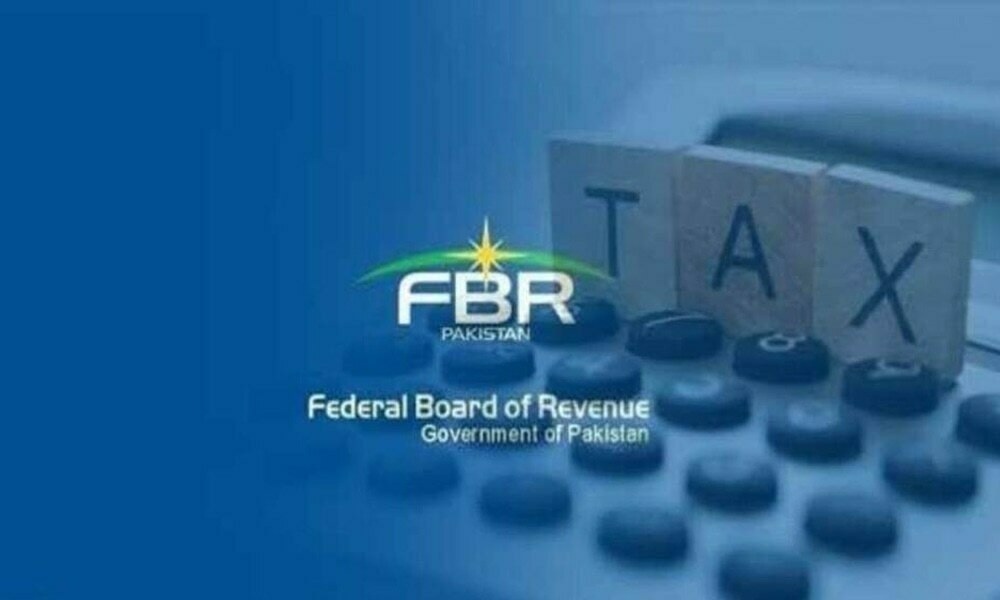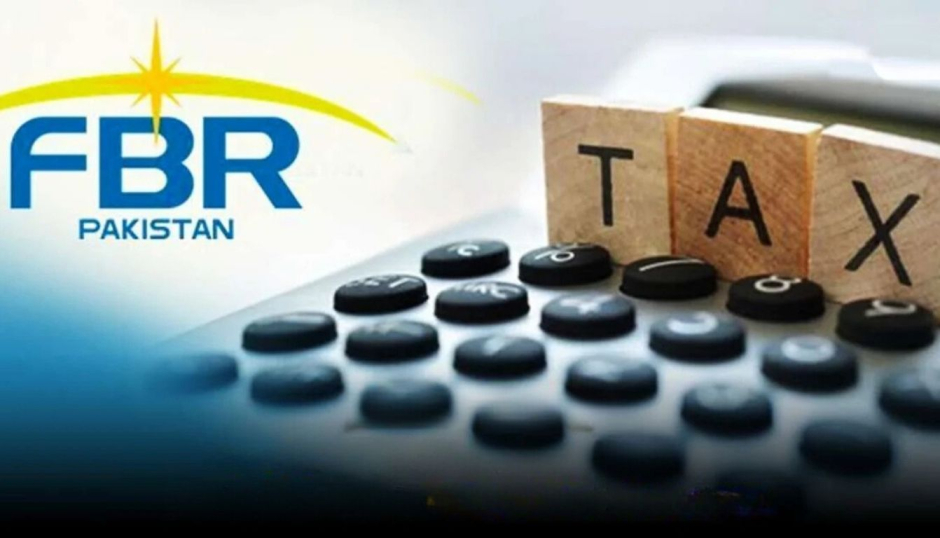
Jurisdiction of Income Tax Authorities
Learn about Section 209 of Pakistan’s Income Tax Ordinance, covering tax authorities’ jurisdiction, powers, and case allocation procedures.
This category provides foundational knowledge about taxation in Pakistan. It covers essential topics such as tax laws, regulations, and filing procedures. You’ll find valuable information on tax forms, deadlines, and rates, along with essential tips for accurate and timely tax compliance.

Learn about Section 209 of Pakistan’s Income Tax Ordinance, covering tax authorities’ jurisdiction, powers, and case allocation procedures.

The Appellate Tribunal Inland Revenue (ATIR), Division Bench-I, has issued a detailed judgment outlining the structured procedure for Inland Revenue officials to conduct audits under Sections 177 and 214C of […]

Islamabad, Pakistan — The Federal Board of Revenue (FBR) has officially launched the Customs Budget exercise for the fiscal year 2025-26. A notification issued by the Secretary (Customs Budget) on […]

Learn about Section 181C of the Income Tax Ordinance, requiring businesses to display their National Tax Number (NTN) for transparency and compliance.

Explore Section 153 of Pakistan’s Income Tax Ordinance, covering tax deduction rules on payments for goods, services, and contracts. Stay compliant.

FBR acquires 5 years of car purchase data to target non-filers, ensure tax compliance, and broaden the tax base through data-driven initiatives.

Sindh begins real-time property transaction sharing with FBR, boosting transparency, formalizing real estate, and targeting tax evasion in Pakistan.

Explore the shift from the final tax regime to the normal tax regime for exporters, covering advance tax, super tax, and compliance essentials.

Explore the impact of Section 236G and 236H on Pakistan’s tax system, highlighting challenges for distributors, wholesalers, and retailers in compliance.

Explore how Section 208 of Pakistan’s Income Tax Ordinance empowers FBR to appoint tax authorities, ensuring efficient tax administration and compliance.